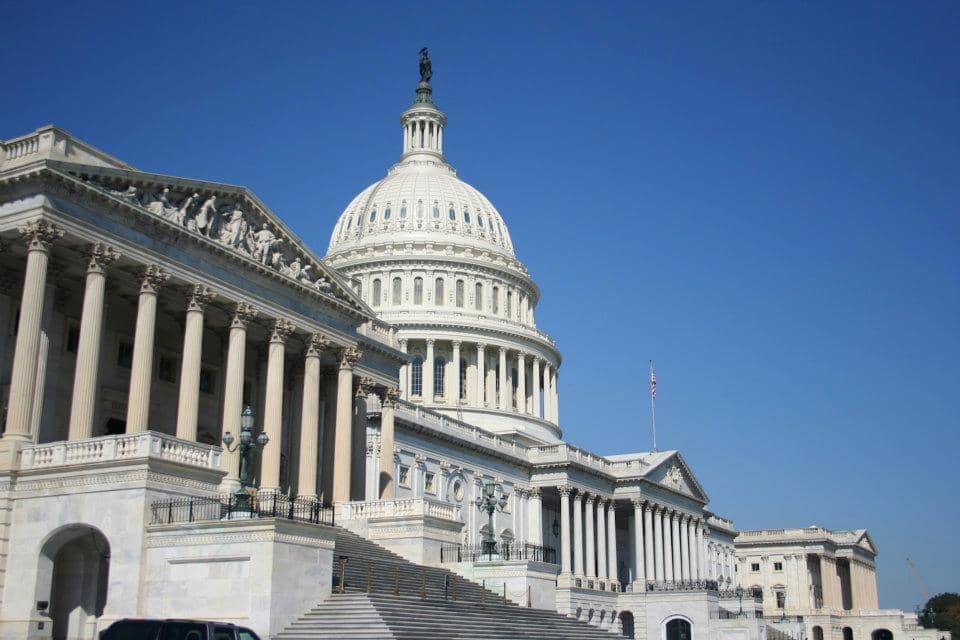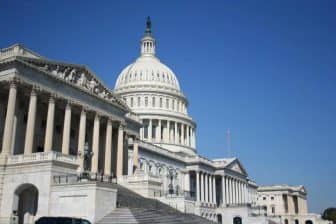

WASHINGTON, DC – U.S. Senator Jack Reed is urging federal researchers from the National Oceanic and Atmospheric Administration (NOAA) to study the increasing jellyfish populations found in two Charlestown salt ponds.
The Rhode Island Department of Health (RIDOH) and the Rhode Island Department of Environmental Management (DEM) recently warned that Atlantic sea nettle jellyfish (Chrysaora quinquecirrha) have been spotted in high numbers in Ninigret and Green Hill Ponds.
The Atlantic sea nettle, which varies by size and coloration but often appears milky-white with a see-through profile that sometimes has red markings, can sting, causing moderate to painful discomfort and itchy welts. It flourishes south from Cape Cod along the East Coast, according to NOAA, and is found most often in the Chesapeake Bay, but ranges all the way down to the Caribbean and Gulf of Mexico.
While sea nettles are known to thrive in warm waters and are often present during the height of summer in Rhode Island, more research is necessary to learn why their population is spiking in the salt ponds in South County, according to Reed’s office. The senator wants NOAA scientists to help solve the mystery and provide state officials with information about jellyfish blooms, migration, and monitoring.
In a letter to the head of NOAA, Reed, a member of the Appropriations Subcommittee on Commerce, Justice, Science, and Related Agencies (CJS), which oversees NOAA funding, wrote: “According to NOAA, last month was the fifth-hottest June on record. These increasing temperatures mean more research and monitoring is needed to understand and predict changes in the ocean environment. In light of this recent incident in Rhode Island, and evidence that temperatures will only continue to rise, I believe more research is needed on changes in jellyfish blooms and migration.
“By August 13, 2021, I request that you provide my office with information on what, if any, research NOAA is conducting to better understand and monitor changes in jellyfish patterns in Southern New England” the letter concluded.
This is a test

